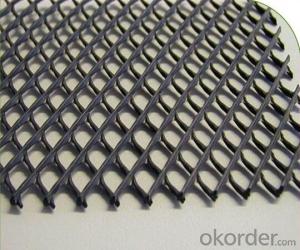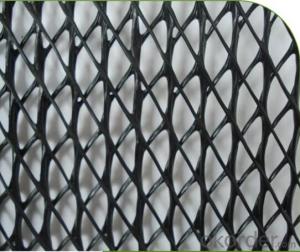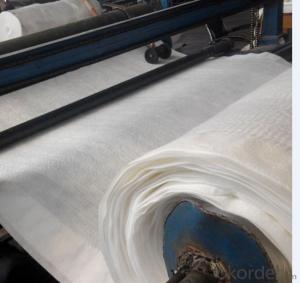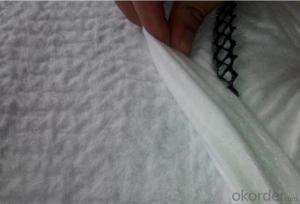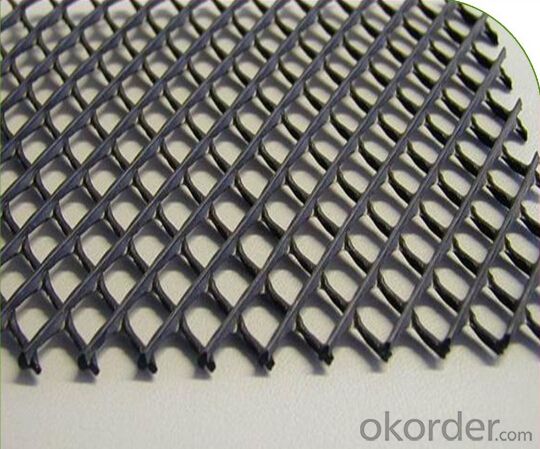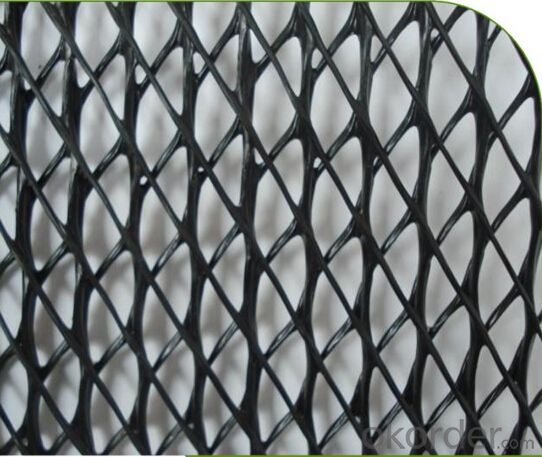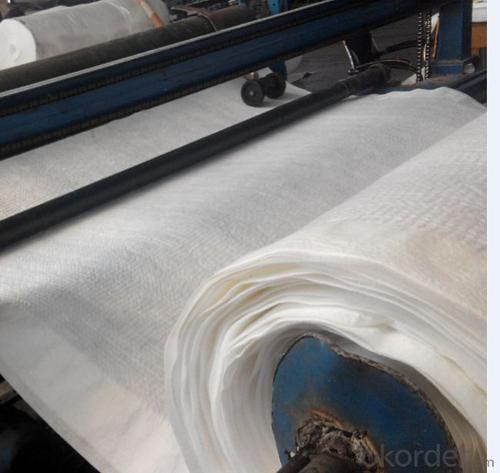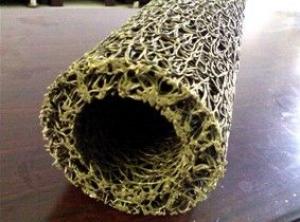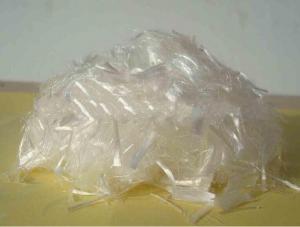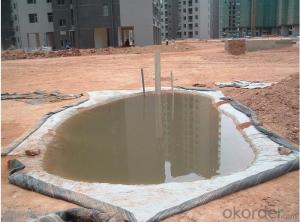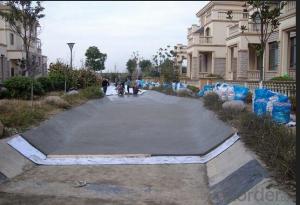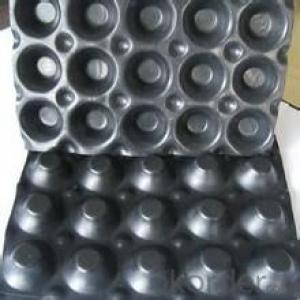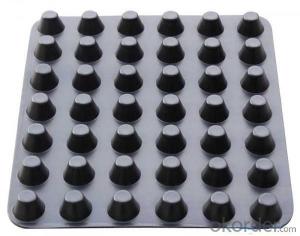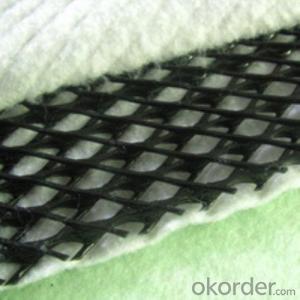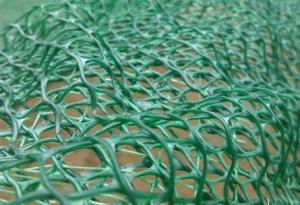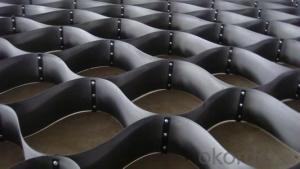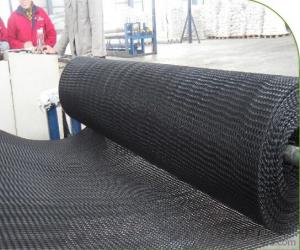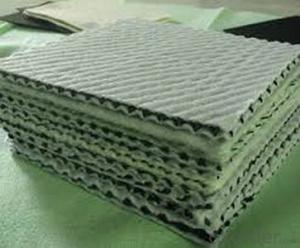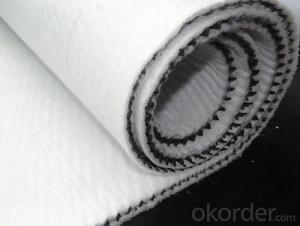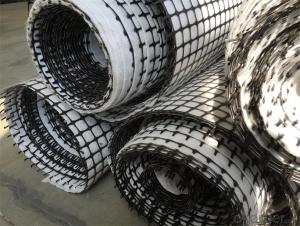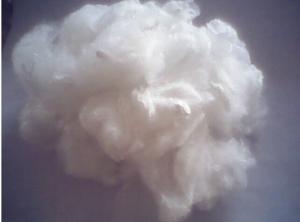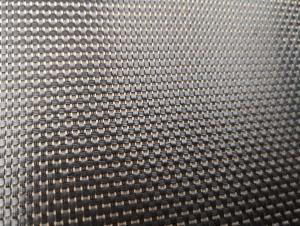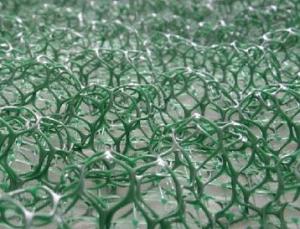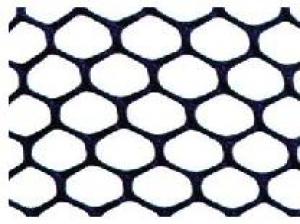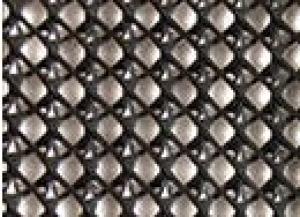HDPE Trainage Geonet /Geocomposites/Tri-dimension Drainage Composites
- Loading Port:
- Qingdao
- Payment Terms:
- TT or LC
- Min Order Qty:
- 2000 m²
- Supply Capability:
- 200000 m²/month
OKorder Service Pledge
OKorder Financial Service
You Might Also Like
Description:
Tri-dimension composite genet for drainage is a new type of geosynthetics.
Its made of atri-dimension geonet coated with geotextile on both sides. Network core consists of a tri-dimension
thick vertical rib, and a rip on top and bottom .
It can drain underground water quickly, also there is a protection system,which can block the capillary water under high load. At the same time, it can also reinforce and isolate of foundation.
Specifications:
core thickness: 5 mm - 8 mm
unit weight: 750g/m2-1500g/m2
width: 2 - 4m,
composite geotextile: short fiber needle punched geotextile,filament spunbonded needle punched geotextile,the length at request .
Typical Application:
Landfill drainage; roadbed and road drainagel; railway drainage, tunnel drainage, undergroud structure drainage, the retaining back wall drainage, gardens and sports grouds drainage
Features:
Excellent drainage function, can bear long time hige press load
High tensile and shear strength
Reduce the rate geotextile embedding into the core of geonet, can protect long time stable water conductivity
Tri-dimension composite geonet for drainage can bear more than kpa compression load
Its anti-compression capacity is much larger than common geonet for drainage.
Specifications:
Drainage netwrok core | units | Specification | |||
Unit weight | g/m2 | 750 | 1000 | 1300 | 1600 |
Thickness OV=20kpa | mm | 5.0 | 6.0 | 7.0 | 7.6 |
Hydraulic conductivity | m/s | K x 10 -4 | K x 10 -4 | K x 10 -3 | K x 10 -3 |
Elongation | % | <50< span=""> | <50< span=""> | <50< span=""> | <50< span=""> |
Tensile strength ( core network) | KN/m | 8 | 10 | 12 | 14 |
Geotextile | g/m2 | 200-200 | 200-200 | 200-200 | 200-200 |
Properties:
Tri-dimension composite geonet for drainage is made of a unique tri-dimension geonet coated with geotextile
on both sides.
It has the property of geotextile(filtration) and geonet (drainage and protection) and provide a function system of“filtration-drainage-protection”.
The tri-dimension structure can bear higher load in construction and remain certain thickness,strength and
excellent in water conductivity.
FAQ
1. Which payment do you accept?
For you convinience,our payment can be L/C,TT
2. Is free sample available?
We can supply free samples if you need.
3. How about your quality?
We have strict quality control system, we make testing on incoming raw material and finished products. Your third party testing is also welcomed. With high quality, our products are used on government projects at home and abroad. Our product quality is accepted by clients from all over the world
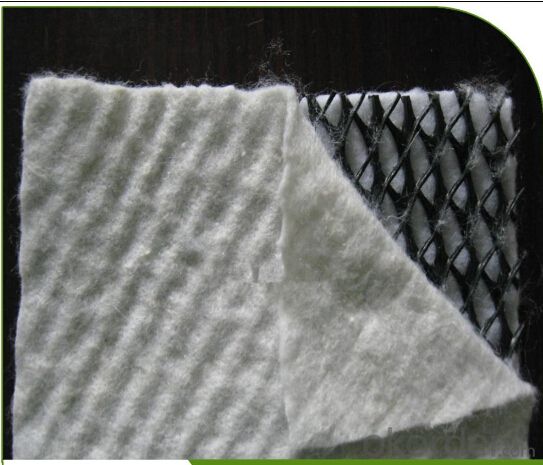
- Q: What are the advantages of using geotextiles in land reclamation projects?
- There are several advantages of using geotextiles in land reclamation projects. Firstly, geotextiles act as a barrier that prevents erosion and soil movement, thus providing stability to the reclaimed land. Secondly, geotextiles help in the filtration and drainage of water, improving the overall water management system of the project. Additionally, geotextiles can separate different layers of soil or materials, preventing mixing and maintaining the integrity of the reclaimed area. Lastly, geotextiles are often cost-effective and durable, offering long-term benefits and reducing maintenance needs in land reclamation projects.
- Q: How do geocells contribute to soil reinforcement?
- Geocells contribute to soil reinforcement by confining and stabilizing the soil particles within their interconnected cells, creating a stronger and more stable structure. This confinement prevents lateral movement and displacement of soil, improving its load-bearing capacity and resistance to erosion. Additionally, geocells distribute applied loads more evenly, reducing stress concentrations and promoting better overall performance of the reinforced soil.
- Q: Can geomembranes be used for landfill caps?
- Yes, geomembranes can be used for landfill caps. They are often used as an impermeable barrier to prevent the leakage of contaminants from the landfill into the surrounding environment. Geomembranes provide an effective solution for ensuring the long-term containment of waste materials and protecting the soil and groundwater from pollution.
- Q: What are the different types of erosion control blankets available?
- There are several types of erosion control blankets available, including straw blankets, coconut fiber blankets, and synthetic blankets. Straw blankets are made from natural straw fibers and are effective at controlling erosion on slopes and disturbed soil areas. Coconut fiber blankets, also known as coir blankets, are made from coconut husks and provide excellent erosion control in areas with high water flow or steep slopes. Synthetic blankets, made from materials like polypropylene, are durable and long-lasting, making them suitable for areas with heavy rainfall or high foot traffic.
- Q: Are earthwork products resistant to chemical leaching?
- No, earthwork products are not typically resistant to chemical leaching.
- Q: A short duration of housing, and now have the same level of 42.5 for the silicate and slag cement selection. From the point of view of the completion of the construction period, what better cement should be used?
- The actual situation of the specific analysis of it
- Q: Material in the role of civil engineering in which should be the main understanding
- 7, the establishment of material analysis files (price, supply) timely feedback decision to build the five members of the work of the staff is mainly the contents of these materials in the work of the staff in a more important position. But also an indispensable part of construction.
- Q: Can earthwork products be used for constructing boat ramps?
- Yes, earthwork products such as soil, gravel, or fill materials can be used for constructing boat ramps. These materials are often used to create a stable and solid foundation for the ramp, ensuring it can withstand the weight and movement of boats. Additionally, earthwork products can be shaped and graded to create a suitable slope and level surface for easy boat launching and retrieval.
- Q: What are the civil engineering materials?
- Inorganic cement, cement, concrete, mortar, steel, masonry, wood, synthetic polymer, waterproof material, decorative materials.
- Q: What are the key factors to consider when choosing earthwork products?
- When choosing earthwork products, some key factors to consider include the quality and durability of the products, their compatibility with the specific earthwork project requirements, their ease of installation and maintenance, as well as their cost-effectiveness and environmental impact.
Send your message to us
HDPE Trainage Geonet /Geocomposites/Tri-dimension Drainage Composites
- Loading Port:
- Qingdao
- Payment Terms:
- TT or LC
- Min Order Qty:
- 2000 m²
- Supply Capability:
- 200000 m²/month
OKorder Service Pledge
OKorder Financial Service
Similar products
Hot products
Hot Searches
Related keywords
